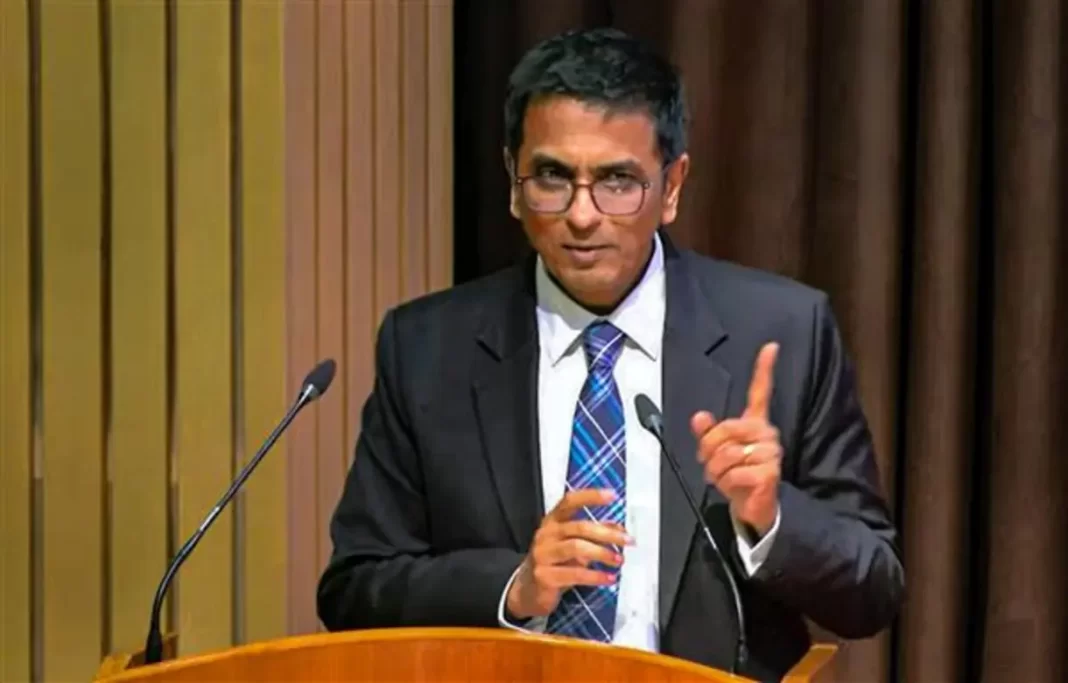Chief Justice of India DY Chandrachud on Wednesday raised concern on the under-representation of Indian arbitrators in international arbitration, highlighting the need for more diversity to weed out bias in arbitral proceedings.
He mentioned that a large number of persons chosen as arbitrators in international arbitration tend to be men from North America and Western Europe. He observed that almost half of the arbitrators appointed by the International Chamber of Commerce came from five countries namely the US, the UK, Switzerland, France and Germany.
Calling for the involvement of more Indian arbitrators, the CJI said that Indian arbitrators are currently under-represented in international arbitrations. He added that he sees no reason as to why highly qualified Indian arbitrators cannot be appointed as arbitrators in disputes that do not involve Indian parties as well, in the same way that experienced European arbitrators are often appointed in disputes that have no European connection.
CJI DY Chandrachud was speaking at the inaugural session of the Delhi Arbitration Week (DAW) 2024. Addressing the event, he said that diversity in arbitration is linked to the perception of arbitral forums as neutral platforms.
He explained that diversity does not achieve anything extraordinary but merely ensures that arbitration reflects realities of the world in which they live. He continued that diversity ensures that individuals with varied backgrounds and lived experiences are a part of the process. He pointed out that it is well established by data that inclusive decision making boosts performances as a group can now draw from heterogeneous experiences to arrive at a well-thought-out decision.
DY Chandrachud also observed that the use of Artificial Intelligence (AI) in selective arbitrators could reduce bias, although such an approach should also be opted for with caution.
He underlined that the selection of arbitrators by parties is often impacted by biases based on identity and even information deficits. He added that in such a situation, Artificial Intelligence offers objectivity in arbitrator selection which often ensures that the selection of arbitrators is not impacted by bias in selection.
He underlined that at the same time, they must recognize that AI solutions are not completely from the threat of bias. If the information used to train the Artificial Intelligence platform reflects a biased pattern, the resulting decision may reflect the same bias, he said.


